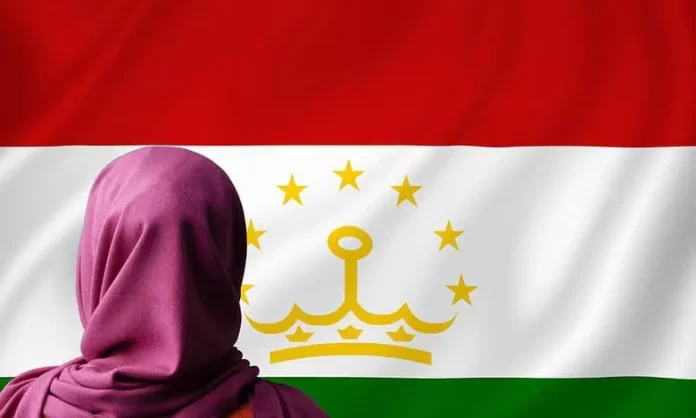– Zaina Aman
24 Jun. 24: Tajikistan has intensified its efforts to bolster a secular identity by passing legislation that bans the hijab, describing it as an “alien garment.” The move, approved during the 18th session of the upper house of parliament on June 19, reflects the government’s ongoing campaign to diminish public displays of religious observance and uphold Tajik cultural values.
President Rahmon Emomali defended the ban as necessary to “preserve ancestral values and culture,” asserting that the hijab represents foreign attire. Violators of the new law face hefty fines ranging from 8,000 to 65,000 Somoni (approximately Rs. 60,560 to Rs. 5 lakh).
Despite Tajikistan being over 95% Muslim, the government has also prohibited the tradition of ‘eidi’– children seeking money during Eid celebrations – as part of its broader strategy to assert a secular national identity and discourage public religious expressions.
The legislation has drawn criticism domestically and internationally, with concerns raised over religious freedom and human rights. Critics argue that such measures restrict personal liberties and undermine diversity within Tajik society.
This move follows previous government actions, including the closure of shops selling hijabs and the forced shaving of beards under an “anti-radicalization campaign.” In 2016, BBC reported that Tajik police shaved the beards of 13,000 men and closed 160 hijab-selling shops, labeling these actions as part of efforts to combat radicalism.
Tajikistan’s approach contrasts sharply with neighboring Central Asian nations, where cultural and religious practices are more openly embraced. The government’s pursuit of a secular agenda continues to influence public life and cultural expression within the country.
As Tajikistan moves forward with implementing these new laws, the implications for the daily lives and freedoms of its predominantly Muslim population, and the international response, remain subjects of ongoing scrutiny and debate.




